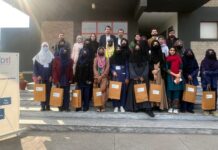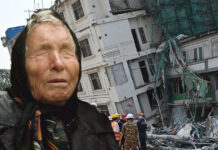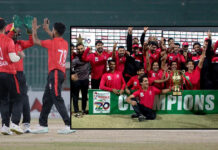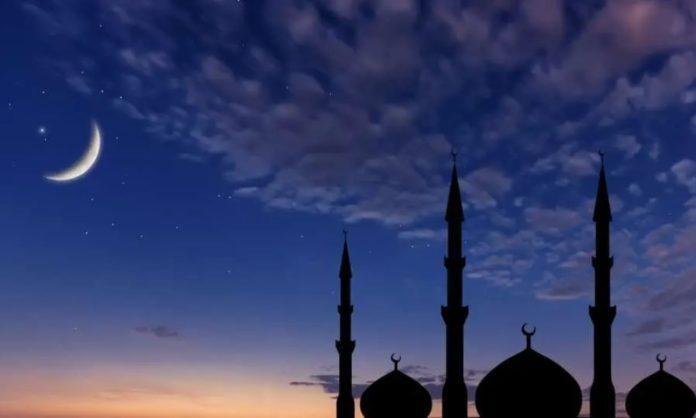Muslims around the world observe a month of fasting during the holy month of Ramzan, also known as Ramadan. Muslims completely submit to Allah’s Will by abstaining from eating, drinking, and other self-indulgent behaviors from sunrise till nightfall. Ramadan is the month that is commemorated in Pakistan with the greatest amount of reverence, seriousness, and submission.
Fasting is viewed as a time to purify one’s mind, spirit, and body rather than as a punishment. Everyone in this place prays, fasts, and revels in the straightforward yet sublime pleasures of the holy month with joy and fervor. When people first see the Ramadan moon, the excitement begins. As individuals begin stocking up on necessities in order to prepare for the fasting month, there is a flurry of activity in the streets well into the night. While the ladies begin to prepare the Suhoor (pre-dawn) meal, the males go to the mosques for Taraweeh prayers.
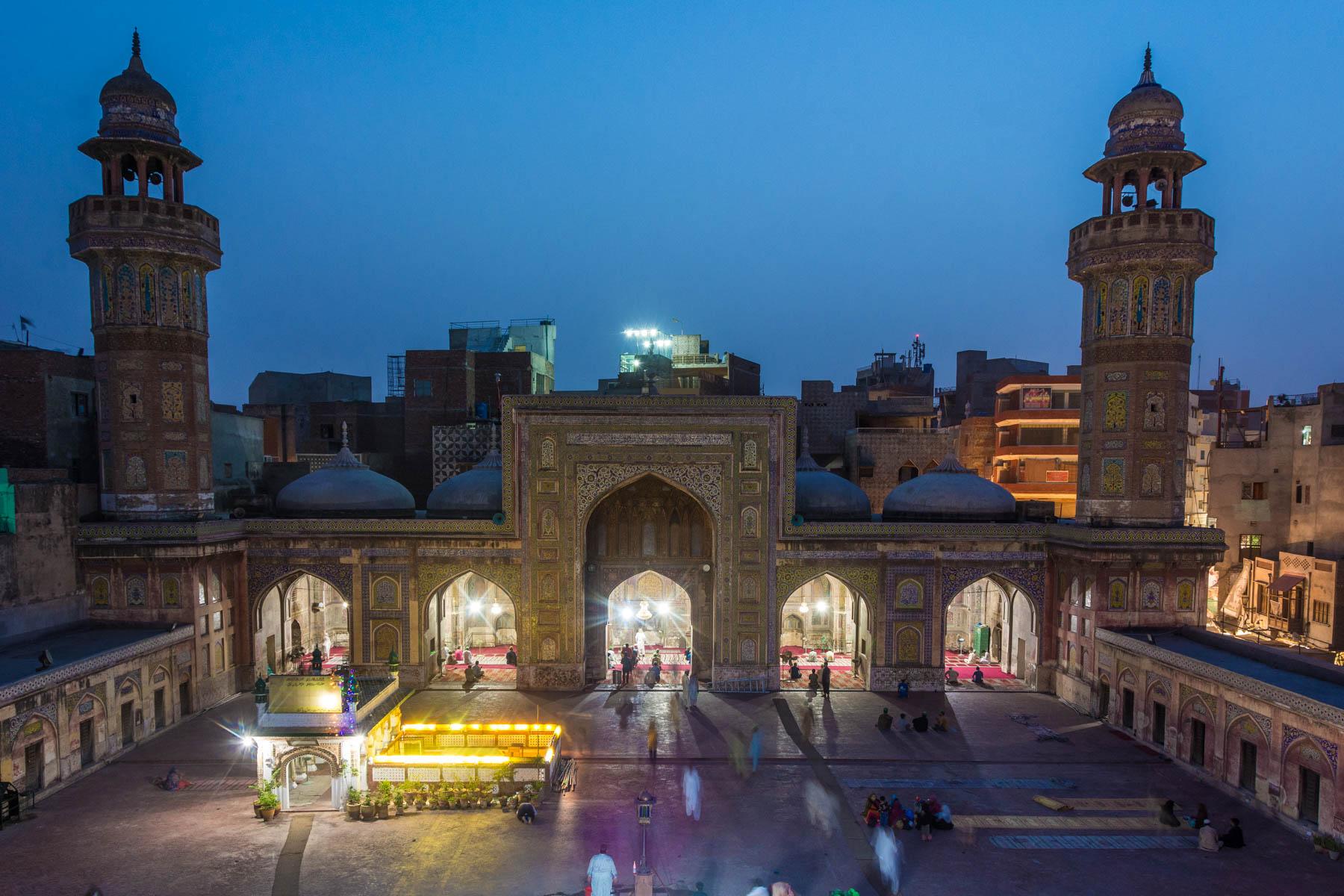
Month Of Holiness Or Inflation?
For Muslims around the world, Ramadan is one of the holiest months in the Islamic calendar. As far as Pakistan is concerned, it has long been customary for the inflation rate to rise during Ramadan. There are two distinct categories of Muslims in the nation who are looking forward to this month. For some people, it gives joy and benefits, while for others, it brings a significant sum of money. Yet when the cost of food reaches astronomical levels, it becomes a curse for the poor while the business community and hoarders who benefit as much as they can from this Ramadan month see it as a godsend.
The majority of Pakistanis love a hearty breakfast like paratha (buttery flaky flatbread) served with their preferred curry. Another favorite is milk-soaked jalebis, which are crispy fried orange spirals. There is always tea served after breakfast, no matter what it is. Some homes just serve the typical breakfast fare of eggs of every description or omelet, along with thick, oiled parathas. With boiled eggs, juice, bread, and tea, the groups that are concerned with their figures want to keep things light. For others who are less fortunate, it can be meals from the previous evening. The wealthy, on the other hand, might go to one of the many opulent hotels to enjoy a five- or six-course meal. Talk about being extravagant.
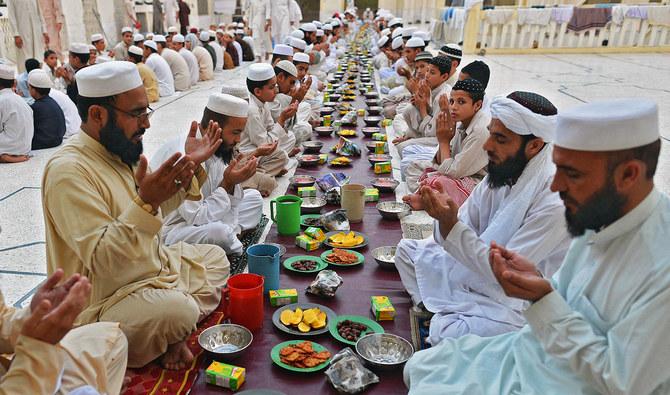
In addition, due to the current economic climate, the poor people who make only a few hundred dollars each day after working all day have nothing to do, their lives are in danger, and they are concerned about setting their stoves on fire. They are confined to their homes, and there is no way for them to make money. Profiteering has emerged in this difficult situation, and while cutting their prices in honor of Ramadan, profiteers have increased the cost of daily food products at alarming rates.
Even though it is a Muslim nation, there is no leniency in the pricing of highly necessary and in-demand foods during the holy month of Ramadan, including flour, gram flour, oil, potatoes, tomatoes, lemons, sugar, red chilies, chicken, watermelon, dates, etc. There is a tremendous sense of oneness during the holy month, far more so than the rest of the year, despite the fact that this country is home to so many different cultures and sects.
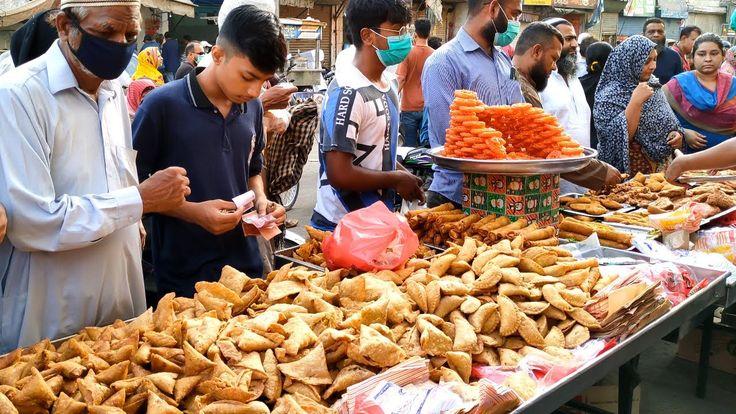
Less people are at work and at school, and people return home earlier so they can relax and pray until iftar, or the breaking of the fast during the Maghrib (Sunset) Prayer. However, people exploit this and take days off from work. Every home should have the intriguing aroma of frying pakoras, which are grain-flour dumplings that are fried until crisp and then consumed with hot sauces. But what about those that cannot afford these? And the rich who can order “wholeheartedly” cause nothing but waste.
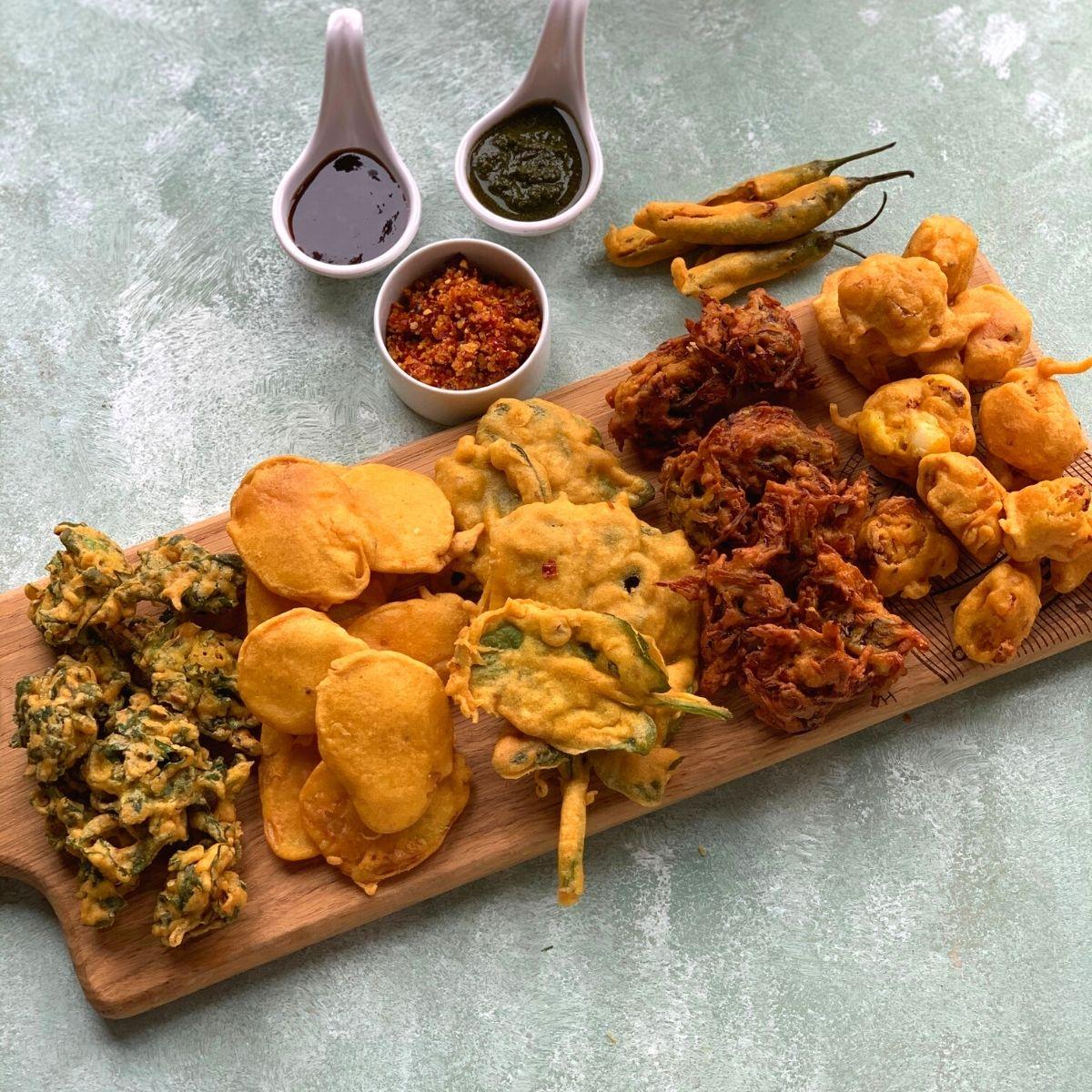
Ramadan Abroad
Countries that are not Islam-dominant like the United States, India, Canada, Australia, etc have different ways of celebrating Ramadan. They may not be as enthusiastic or high in spirit because of the countries majorly being home to Christians, Hindus, or other religions.
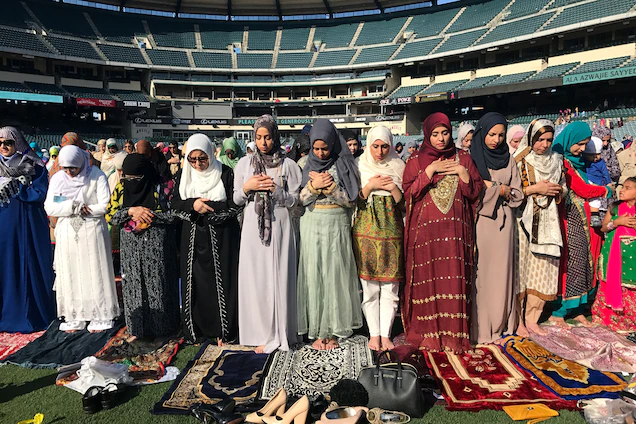
Throughout the month of Ramadan, Islamic centers across different nations frequently encourage community members to participate in customary morning and evening prayers and ceremonies. Occasionally, they even organize family-friendly events on the weekend. It is possible to easily attend an Islamic center to perform worship there because some of them are open around the clock. The prayers are usually led by a qualified Quran reciter. In order to provide opportunities for reflection and rekindling the faith, these centers frequently also host talks in the mosque.
What Do Other Nations Do?
These skyrocketing prices have compelled poor people to break their fast with only water in Pakistan. Moreover, they have nothing to eat after breaking their fast because of the high inflation rate. However in other nations, traditional iftar dinners can be shared with others to break the fast, and many mosques and volunteers will provide beverages. Even some restaurants take part, and many families decide to break their fast their several times over the holy month. Even for non-Muslims, going to a participating restaurant is a terrific way to take part in a traditional iftar feast and get to know the neighborhood’s Muslim population. Anything from American cuisine to selections from Southeast Asia, the Arab world, Africa, and Europe may be found on the menu. It’s a true feast for the senses.
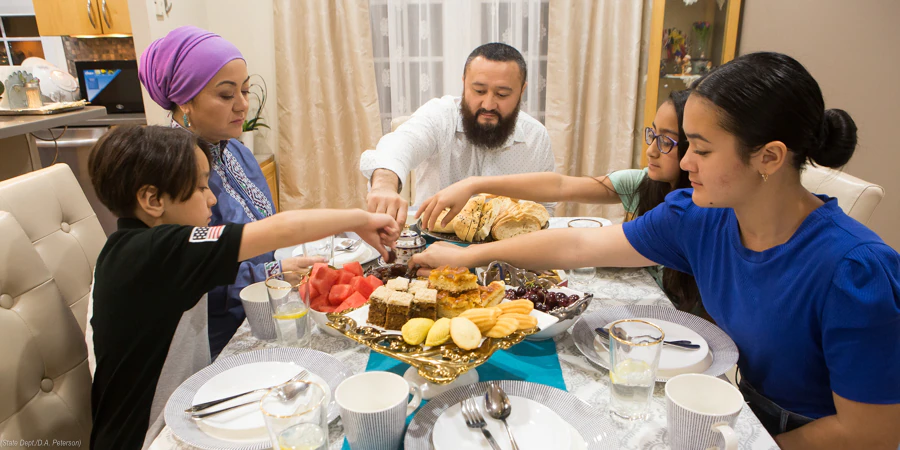
Many non-Muslims dine with their Muslim relatives or friends at this time, and numerous colleges, universities, and even eateries offer visitors to sample the cuisine and spirituality of the month. Politicians and community leaders also take advantage of this day to pay tribute to Muslims and pay visits to local centers. While there isn’t a national holiday in the nation to observe Ramadan or Eid, many Muslims nonetheless decide to take the day off from work or school to spend time with their families. The governments of many countries are also very considerate of the holy month and are lenient with Muslim citizens.
A Sense Of Unity And Togetherness
Ramadan is unique to any country. It fosters a strong sense of community and pride. It may be a time for empty bellies, but hearts are undoubtedly full. Also, it is a time when we are especially grateful for our Muslim coworkers and friends because it is challenging for them to continue with school, work, and daily life while simultaneously observing the daily fast. In recent years, the public schools in many cities of Christian countries declared that Ramadan, Eid Al-Fitr, and Eid Al-Adha would be honored. They also provide Muslim families and citizens with food and water. Other systems help in all other ways they can. It only makes a right to recognize this festival in the same way that Christian and Jewish holidays are recognized since Muslims are a part of almost every nation. We can only hope that other states and school systems will follow.
Do other nations do a better job of celebrating Ramadan in its true sense than Pakistan? Let us know in the comments below.
Stay tuned to Brandsynario for more news and updates.

